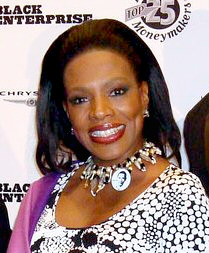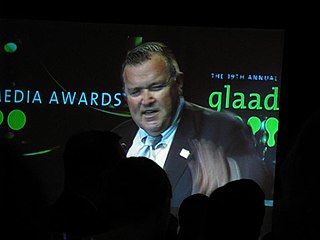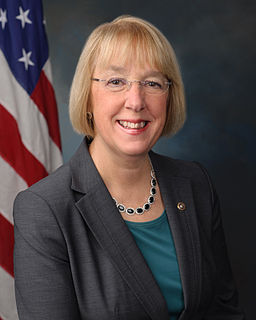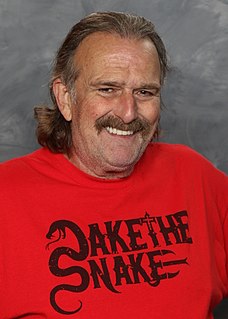A Quote by Mj Rodriguez
A lot of people have forgotten the severity of this disease, of HIV. So I think it's important that we just talk about things like this: how we can prevent it, how we can make sure that people are safe, how they can move forward, too, if they do have HIV.
Related Quotes
My first understanding of HIV and AIDS was like everybody else from my generation. In the mid-'80s, we heard about this, and it was terrifying, because we knew nothing about how to respond to it appropriately, and we didn't really understand about how the virus is passed. There was a lot of misconception about that.
HIV/AIDS from converted from a lethal disease into a chronic disease because basic scientists' fundamental research was done that illuminated aspects of that virus and allowed the generation of therapies like antiretroviral therapies. And so now HIV/AIDS is not a lethal disease, it is a chronic disease.
At AT&T, I learned an awful lot about people, and how important it is to have the right people in the right jobs. And when I say 'right people,' I'm not talking about their college degree or work history; I'm talking about things like bearing - How does this person interact with other people? Can he or she talk to you and not tick you off?
It may be hard to remember how difficult it was for people to talk about HIV/AIDS back in the 1980's and because of both Ronald Reagan and Nancy Reagan - in particular Mrs Reagan - we started a national conversation, when before nobody would talk about it, nobody wanted to do anything about it. Something that I really appreciate was her very effective but low-key advocacy, but it penetrated the public conscience, and people began to say "hey we have to do something about this too.
Many young people are not having safe sex because they think medicines will make everything okay. The thing about these medicines is that you often have to take them your whole life. They can be very aggressive chemicals for your body. Just because you don't hear of as many people around you dying from HIV/AIDS - just like how it was in the '80s and '90s - you can still die. I'd say to someone who's very young to protect themselves and protect their lives. There's nothing safer than not catching this virus. It's having something that never goes out of your system.
A lot of people think PMI is the genome project 2.0. No. This is about all the influences on disease - genetics is in there, but the environment is in there as well, health choices, behaviors, all the factors that are important, otherwise we're not doing what we promised we would do - which is in a holistic way look at how people stay healthy or how do they fall ill.
People talk about how many goals I score, how I play, how I move on the field. In Argentina, on the other hand, they're always digging for dirt, and they continue to talk about me as the husband of Wanda Nara, that guy who stole the woman and ruined the life of a former teammate, when it was never actually like that.
I think that's a challenge as believers - how do you demonstrate the gospel? How do you do that? I mean it's easy to talk about it and say 'Oh this is what we are supposed to be doing' and this is the relevance. But how do you do that with your hands instead of your mouth? How do you do it every day, instead of just onstage, how is it enacted? And I feel like that is one of the ways that we can show what we believe, by how we treat people around the world.
I'm not really into religion, OK. I saw a lot of things I did not like when I got into organized religion. I think a lot of people abuse it, I think a lot of people use it, I think a lot of people make it what they want. And me, my faith and my relationship with God is very personal. And it's not anybody's damn business how we talk.




































